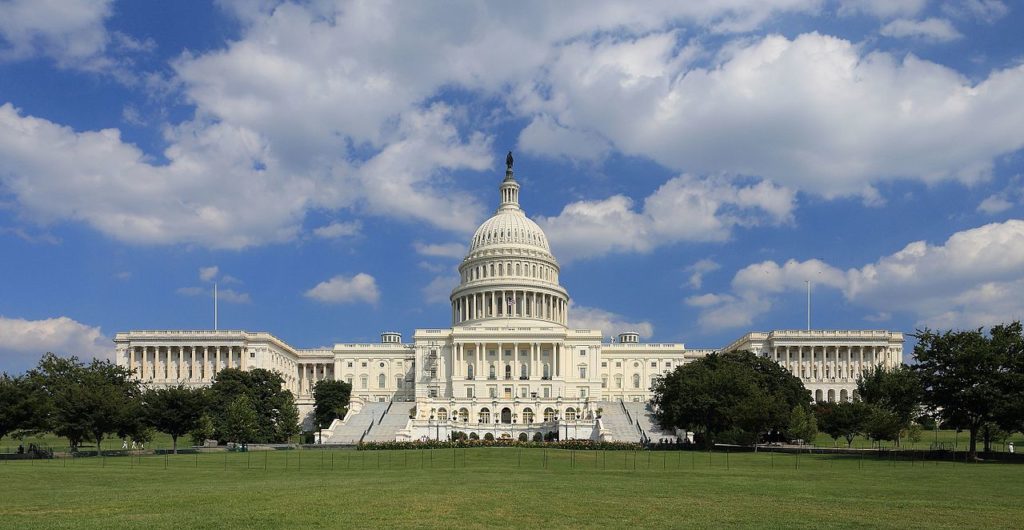Federal NIL Bill Necessary to Protect the Future of College Athletics

Federal NIL Bill Necessary to Protect the Future of College Athletics
College athletics remains a widely cherished tradition that many Americans - regardless of political or ideological background - can still rally around. Nothing unites us like cheering for our alma mater or our favorite team, and part of what drives that fandom is the stories of countless young people who have been afforded a best-in-class education thanks to their athletic talent that has changed the course of their lives.
College sports have a lasting legacy in every state, but New Jersey in particular boasts a storied history of college sports, hosting the first American football game ever in 1869.
Unfortunately, the proud legacy of college athletics developed over more than a century faces an existential crisis unless Congress acts soon. The threat is the lack of national standards on name, image, and likeness (NIL) across college athletics that is potentially putting your favorite sport at risk of being eliminated.
For the last few years, roughly 40 states have taken matters into their own hands after student-athletes were empowered to benefit from their brands and endorsements. These state laws initially recognized that NIL deals were a net positive for the over half a million student-athletes across the country. According to a recent poll, most Americans agree with this sentiment, supporting college athletes profiting off their NIL.
However, we are now witnessing a free-for-all that is becoming more unstable. Some state NIL laws prohibit the NCAA from regulating NIL activities, while other laws disadvantage certain students, schools, and athletic programs. In some cases, one state law has dictated NIL policy for all other jurisdictions, creating a confusing environment to navigate.
Sadly, we are also seeing college athletics move further away from its central purpose: providing educational opportunities. The growing reality is that athletic concerns have taken precedence over academic achievements. This problem will only worsen if some proposed NIL laws making student-athletes employees of their institutions are passed.
Meanwhile, this uneven playing field has also become a breeding ground for third-party actors who don’t have the best interests of student-athletes in mind. This pay-to-play approach has shifted recruiting from coaches and institutions to boosters and collectives.
As student-athletes are exploited, certain athletic programs – primarily Olympic and women’s sports – also face strains with the current landscape. These programs now confront an uncertain future as the focus increasingly is on revenue-generating sports like football and basketball.
Fortunately, our own Senator, Cory Booker, is a former college football player who understands the pressing need for Congress to protect the future of college athletics. He’s a leader on Capitol Hill in proposing meaningful legislation to preempt the patchwork of state laws. His bipartisan draft bill – along with Senators Richard Blumenthal (D-CT) and Jerry Moran (R-KS) – would prioritize student-athletes’ educational opportunities and provide extended medical care to all athletes.
While momentum for a bipartisan comprehensive bill that addresses NIL and other issues grows, lawmakers must demonstrate a greater sense of urgency. As we saw with a recent NLRB ruling that deemed student-athletes of Dartmouth’s men’s basketball team to be employees of the institution, college athletics appears to be headed in a direction likely to reduce the number of sports programs and offerings at universities throughout the country. Student-athletes want to step onto the field or court knowing that their teammates, competitors, and athletic programs have equal opportunities for success. By providing all student-athletes the opportunity to play by the same rules regardless of sport, we will promote fairness and inclusivity within collegiate athletics.
If college sports is to remain a beloved American institution for years to come, lawmakers such as Senator Booker must work with colleagues and act now to fix what’s broken with NIL while protecting the rights student-athletes deserve.





